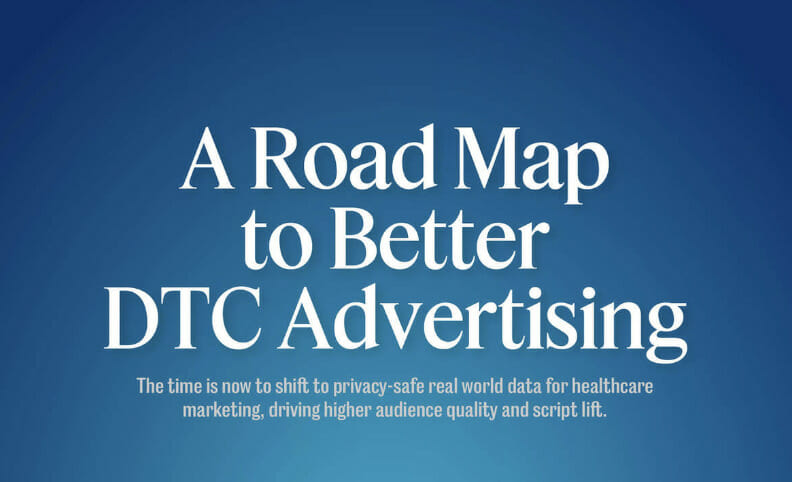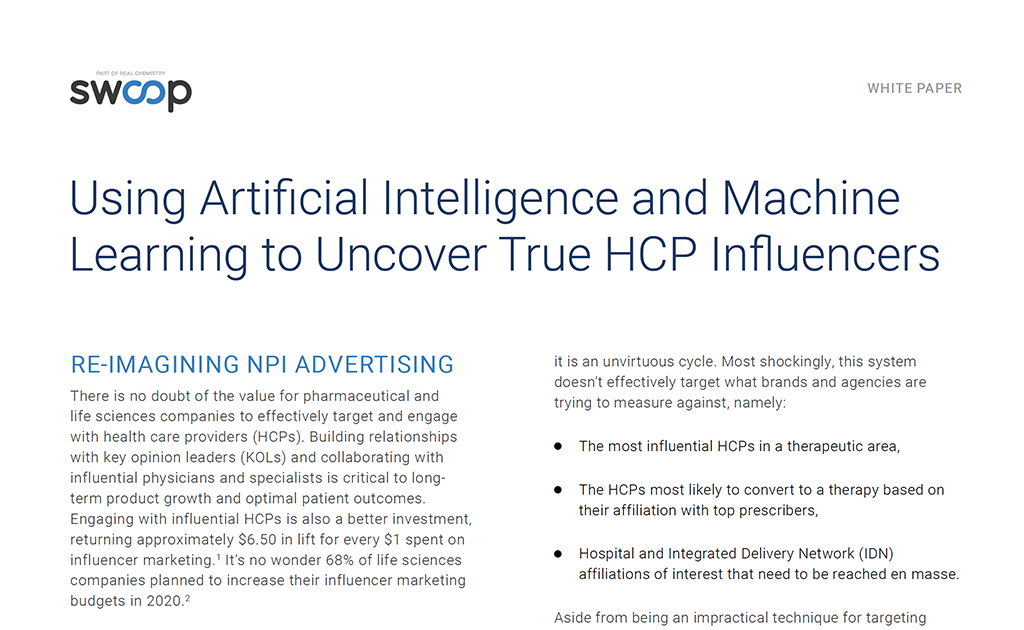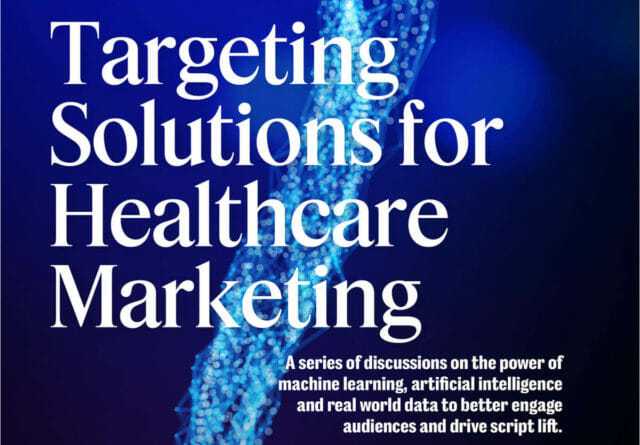Google has delayed its cookieless solution yet again, now announcing that its plan won’t go live until 2024. Having originally slated the launch for this year and then pushing to 2023, the latest announcement gives the tech giant more time to address user, advertiser and publisher needs.
The groups are at odds – users want to maintain their data privacy while advertisers rely heavily on online behavior to target and track audiences. Cookies, which attach to users’ browsers as they navigate online, have helped create the digital advertising ecosystem – and many marketers worry that their removal will greatly disrupt the ability to reach audiences, especially considering the cost of privacy-safe changes to Facebook and Apple.
However, instead of waiting on Google, health advertisers should partner with a company grounded in offline, real world data (RWD). Real world health data consists of a patient’s medical history informed by insurance claims, including all prescriptions filled, hospital stays and doctor’s appointments. This data is tokenized and HIPPA-compliant to ensure patient privacy.
With an expansive data universe that consists of more than 300 million US patients, Swoop builds brand-specific custom audiences using artificial intelligence (AI). Instead of unilaterally targeting via cookies, Swoop enables patient outreach through any channel while maintaining privacy-safety. Swoop is an accredited member of the Network Advertising Initiative. It also applies a proprietary, scientific process called k-anonymity into every audience created to guarantee that patients can never be re-identified.
The result is the ability to target niche patients wherever they consume media. Whether a brand is looking for those who are non-adherent, have recently been prescribed a competitive therapy, or have a defined comorbidity, RWD allows companies to connect with patients using qualifiers that are impossible to fulfill with cookies alone.
For health advertisers that target offline, whatever Google decides makes no difference. RWD gives pharmaceutical marketers the ability to do their jobs independently of any single user-centric platform, regardless of how impactful the changes might superficially seem. Though not the traditional approach, this is a better tactic. Swoop has helped 42 of the top 50 pharma companies and 18 of the top 20 healthcare agencies seamlessly reach and educate patients about their treatment journey, increasing ROI while bettering health outcomes – and consistently proving the value of RWD over cookies.











